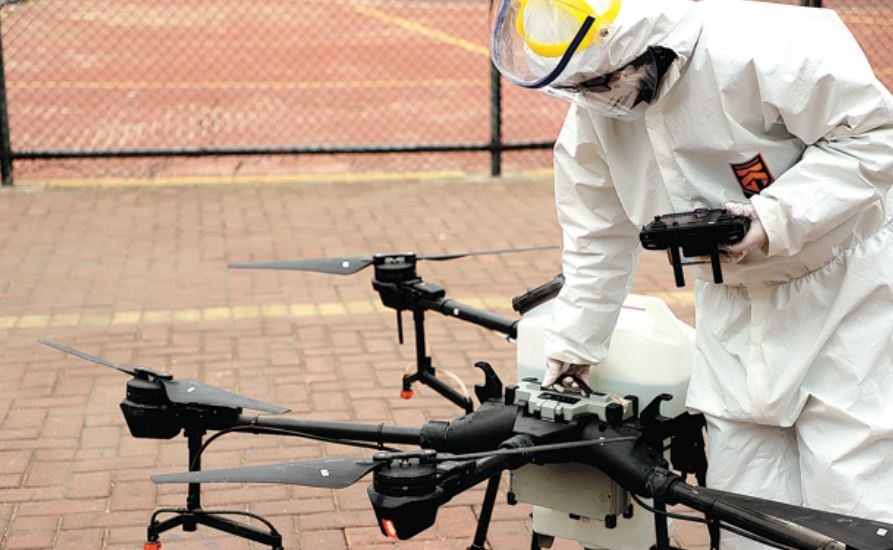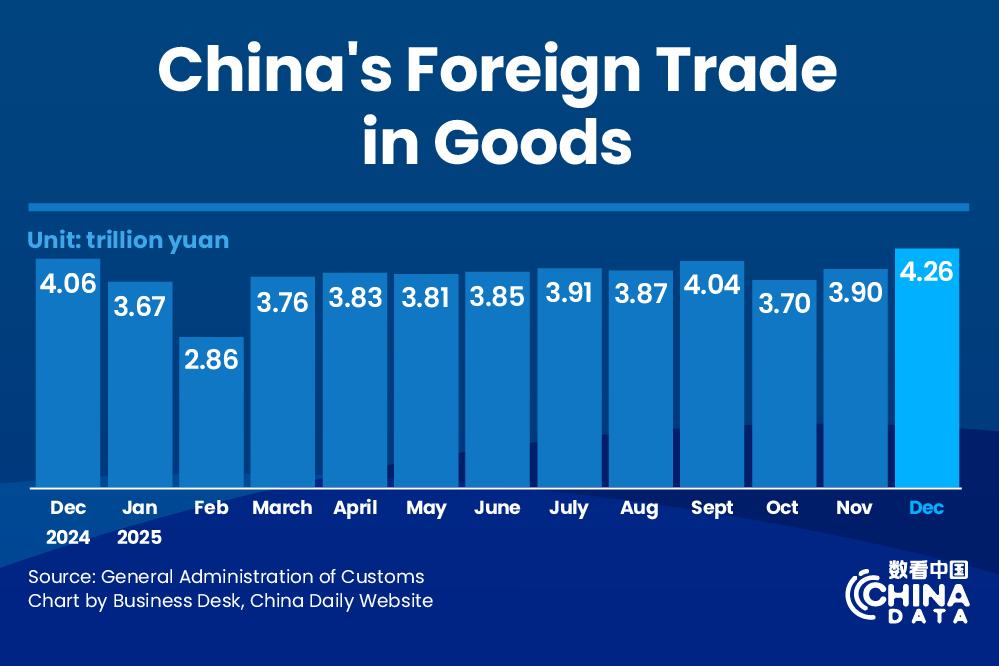Tech's core is heart that beats for society


As stringent supervision of people's large-scale movements is critical to the prevention of further spread of the novel coronavirus, China's tech powerhouses are lending a helping hand in community management.
For instance, Tencent Holdings Ltd and Alibaba Group Holding Ltd have introduced electronic exit and entry systems for residential compounds. These allow properties' management teams to keep a precise track of people entering and leaving the neighborhood, including the time, frequency and their health condition.
But the biggest pressure is still on frontline medical workers who are working around the clock to treat patients.
To strengthen their hands, Yitu Technology Co and SenseTime have developed AI-based medical imaging systems that can automatically perform a quantitative analysis of the lungs and suggest therapy options. This, in turn, allows doctors to make faster, more accurate decisions.
Drones and robots have also been pressed into service to help prevent cross-infection at crowded areas like hospital lounges, railway stations, airports and bus terminals.
Policemen use drones to issue warnings. If people gather or do not wear masks, the drones equipped with cameras can record and transmit such scenes in real time to control rooms. Policemen in the control rooms can issue gentle or severe warnings on the drones' built-in public address system.
Robots now move around at some hospital corridors to offer medical advice, deliver drugs or meals, act like guides, conduct disinfection, measure patients' body temperature and do other repetitive work. This greatly reduces the burden of health workers.
Xiang Ligang, a telecom veteran and director-general of the Information Consumption Alliance, a telecom industry association, admitted the epidemic will likely have a short-term impact on the development of some internet-based industries. But, in the long run, it can inject development momentum into China's digital economy by promoting the digital transformation of a large number of traditional industries.
For example, industries that are directly involved in epidemic prevention, including medical care, logistics, robots and security sectors, will likely see a sustained surge in demand for 5G and AI after the epidemic, driving related technologies and industries such as cloud computing, to usher in a new era, Xiang said.
Chinese tech companies' technological prowess, quick response, and resilience amid the epidemic appear to suggest that the novel coronavirus epidemic could prove to be a breakout point for emerging technologies, just as the 2003 SARS outbreak ignited the explosion of e-commerce in the country, he said.




































